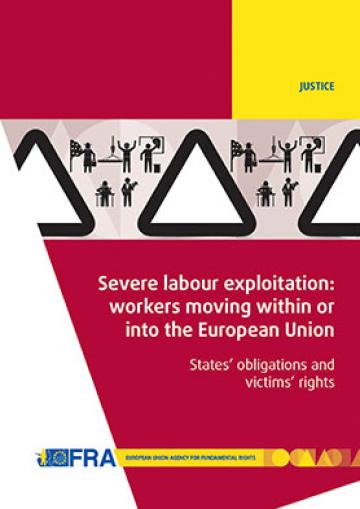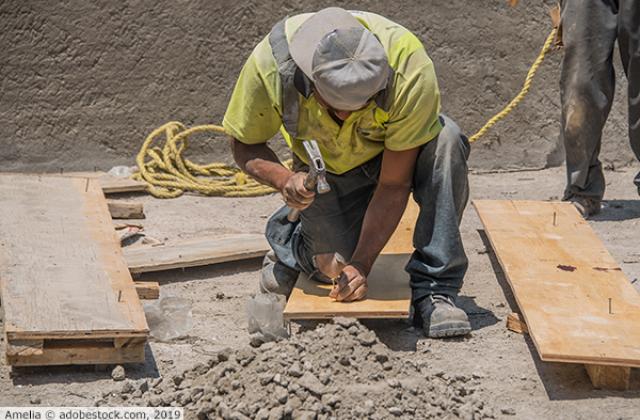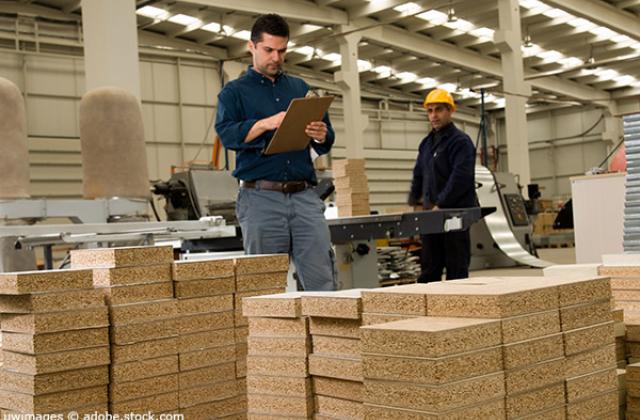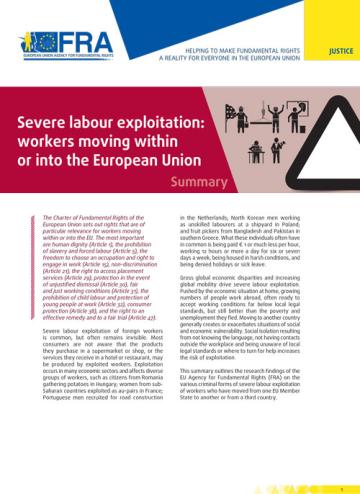
Severe labour exploitation: workers moving within or into the European Union
Country Research
The extensive fieldwork and desk research carried out by FRA for the report is the first to look comprehensively into various criminal forms of severe labour exploitation of workers who move from one EU Member State to another or from a third country. It aims to fill the knowledge gap, thus challenging the current climate of implicit acceptance of severe labour exploitation.
The report identifies risk factors contributing to such exploitation and discusses means of improving the situation. It highlights the challenges faced by EU institutions and Member States in making the right of workers who have moved within or into the EU to decent working conditions a reality. It aims to support them in preventing severe labour exploitation, monitoring situations where severe labour exploitation occurs and making victims’ right to have access to justice a reality.
An EU-level consensus is needed which states that severe labour exploitation is unacceptable and that all workers are entitled to the effective protection of their rights. If the EU and its Member States are serious about maintaining national and international labour standards, accepting systemic labour exploitation is not an option.
Find out more about FRA research on severe labour exploitation in the EU:









